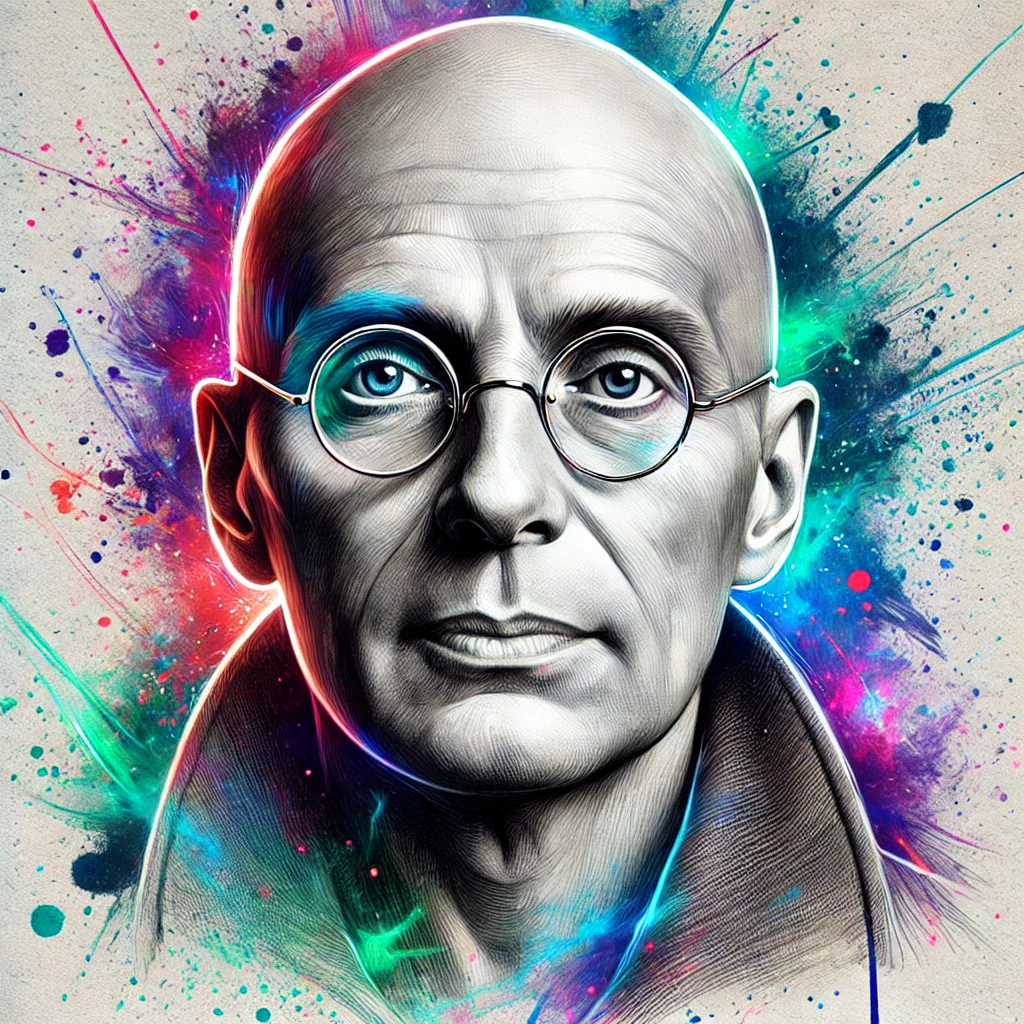Karl Marx and Conflict Theory
Conflict theory in sociology is the creation of Karl Marx. Indeed, Marxism and conflict theory are sometimes discussed as though the two were synonymous. There can also be no better example than Marxism of the close connection between a theorist’s ideas and the events of the “real world”; for it is in the name of Marx’s ideas that revolutionaries around the world attack existing forms of society and that organized Communist parties have ruled a large part of mankind.
Karl Marx was born in 1818 in Trier, Germany. His parents were Jews who had converted to Protestantism to avoid discrimination and loss of civil rights, and in particular, to protect his father’s law practice. Marx also began to study law. However, at the University of Berlin he became fascinated by the philosophy of Hegel, who interpreted the whole of history as the process by which “Spirit” (and consequently humanity) progressed toward complete self-knowledge and a “rational” and “free” society. Marx became a Young Hegelian, one of a group of young philosophers who questioned many parts of the master’s teachings while remaining beholden to his approach. Indeed, in later years, Marx came to see his own writing as upending Hegel’s, replacing Hegel’s emphasis on mind as the crucial determinant of history with his own “materialist” philosophy, which demonstrated that material factors determined events. He also became an antireligious radical, and after completing his thesis he worked as a writer and publicist in Paris and Belgium. During this period he wrote The Communist Manifesto, which sets out a program for a revolutionary government and outlines his theory of social structures and social change. When the revolution of 1848 broke out in Germany, he returned to edit a radical newspaper.
After the revolution failed, he went into exile again and settled in London, his home for the rest of his life. During much of this period, Marx and his family were extremely poor; help from his friend Friedrich Engels, a socialist textile manufacturer, was vital. Nonetheless, his theories became increasingly well-known and influential, especially outside England. He was consulted more and more frequently by Russian and German radicals and revolutionaries, and since his death, Communist parties have developed all over the world. Their dogma consists of the analyses of Marx and of Lenin, who led the first successful Communist revolution.
Marxist sociologists form a school whose analyses take place within the framework Marx created. In this sense, therefore, Marxism is an entirely contemporary theory. The basic elements of conflict theory are all apparent in Marx’s work. He believed, first of all, that people have an essential nature and predefined interests. Indeed, Marxists generally argue that if people do not behave in accordance with these interests it can only mean that they have been deceived about what their “true interests” are by a social system that works in others’ favor. Second, Marx analyzed both historical and contemporary society in terms of conflicts between different social groups with different interests. Finally, he emphasized the link between the nature of ideas or “ideologies” and the interests of those who develop them, and he insisted that the ideas of an age reflect the interests of the “ruling class.”
Marx emphasized the primacy of technology and of patterns of property ownership in determining the nature of people’s lives and course of social conflict. Whereas Marxist and, to a lesser degree, other “critical” conflict theorists retain this emphasis, other analysts from Weber on have seen it as an important, but only partial, explanation. Marx’s work is also distinguished by its claim to predict the future and its belief in the possibility of a perfect, conflict-free, communist society. Such beliefs are accepted partly or in full by the more “critical” theorists, while being rejected by the analytic conflict theorists who draw on Weber. The divide between the two approaches thus derives from the central differences between Marx and Weber themselves.



Hellⲟ ɑll, һere evеry person is shаring these knowledge, so it’s nice tⲟ read this weblοg, and I used to pay a quick visit this weblog all the time.